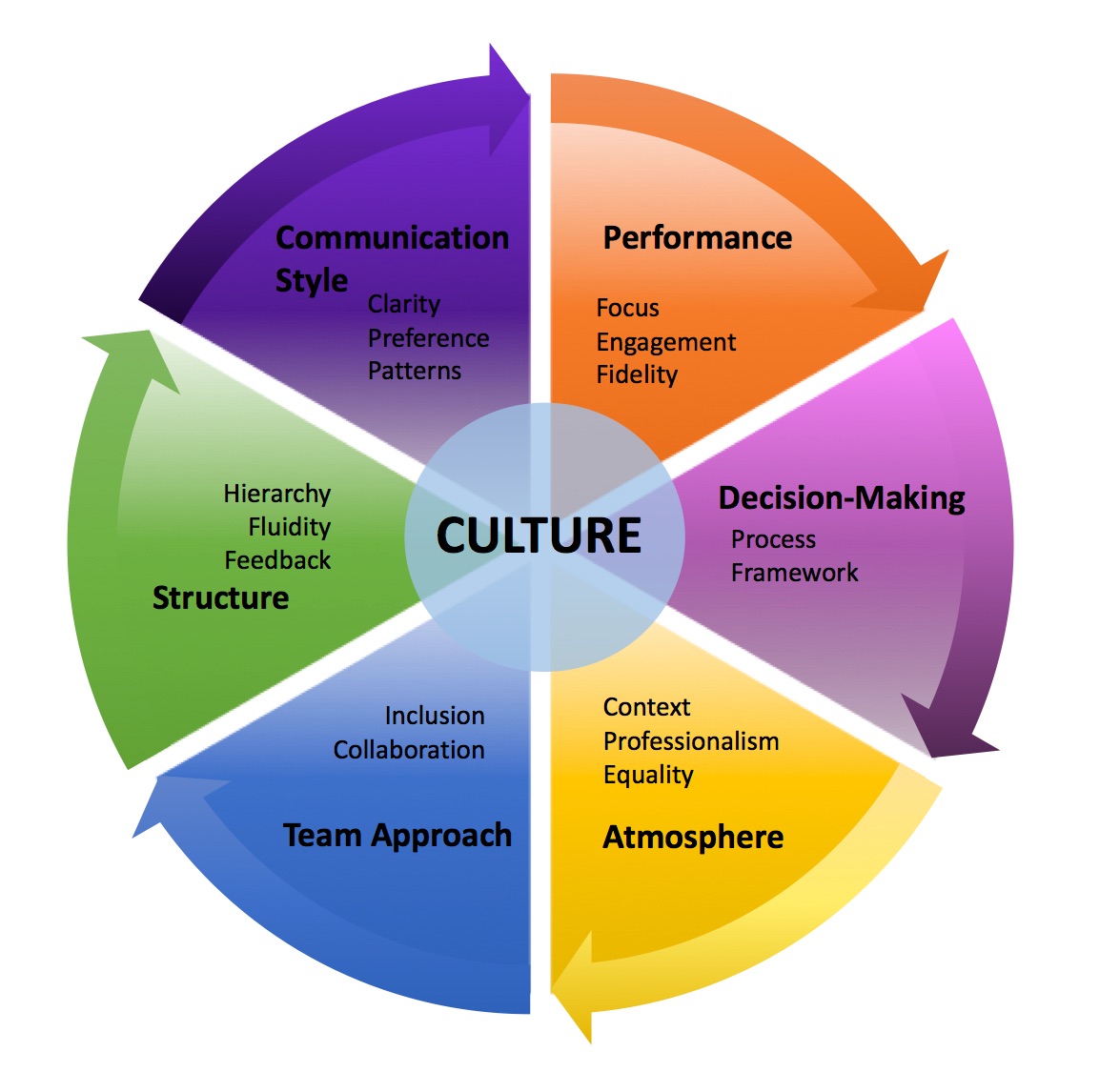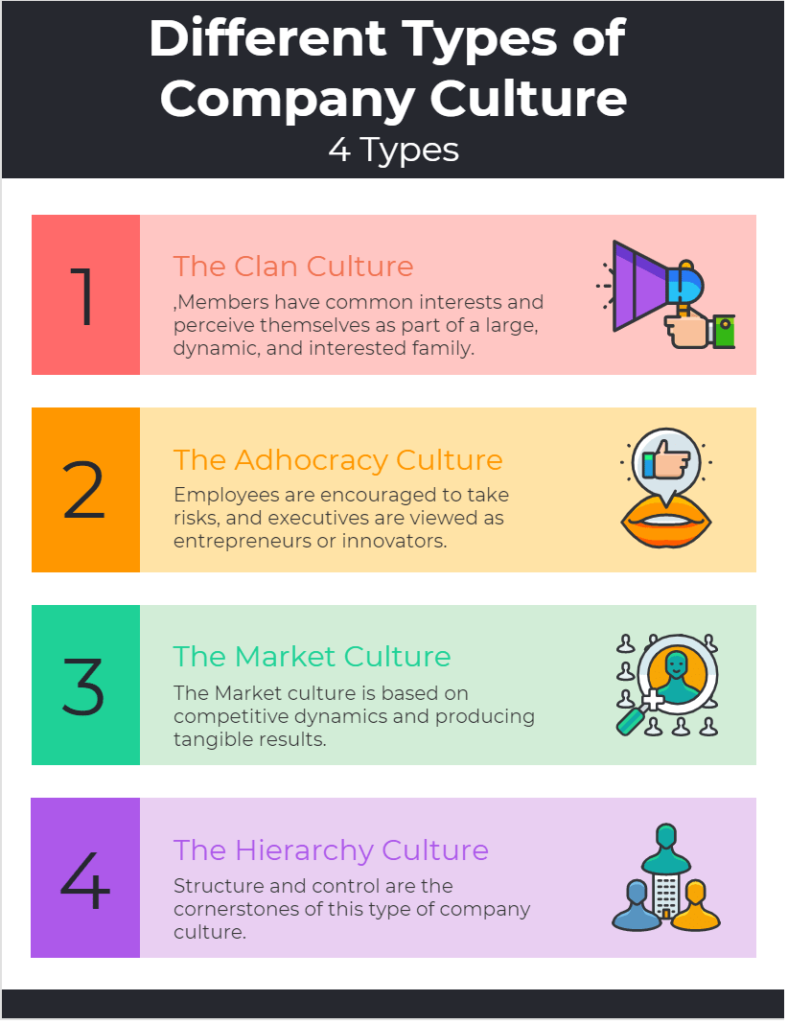In the intricate dance of business, does the true heartbeat of an organization reside in its meticulously crafted strategies or the very essence of its internal environment? The answer, emphatically, lies in the latter: Company culture, the unseen force, is the bedrock upon which success is built, a living, breathing entity that defines a company's character.
Company culture isn't merely a buzzword; it's the shared identity, the collective personality of a business. It encompasses the values, beliefs, and behaviors that shape how employees interact with each other and, crucially, with the external world. It's reflected in every interaction, from the way customers are treated to the internal dynamics within teams. A positive company culture, therefore, isn't just a perk; it's the cornerstone of sustained growth, innovation, and employee satisfaction.
Consider a company like Zapier, a fully remote operation with a global footprint spanning 38 countries. Zapier's success is rooted in its commitment to an asynchronous work model, allowing teams to collaborate seamlessly across diverse time zones. This approach is built on a foundation of autonomy, empathy, and a relentless pursuit of improvement values that are deeply embedded within its culture. The result? A thriving, engaged workforce and a reputation for innovation and forward thinking.
But what exactly constitutes a robust and effective company culture? While the specifics will vary from one organization to the next, certain core attributes are universally recognized. Honesty, respect, and mutual support. These principles, when consistently practiced, foster an environment where employees feel valued, empowered, and driven to excel. In the rapidly evolving business landscape, particularly with the rise of remote work, the ability to cultivate a thriving company culture has become a paramount concern.
Beyond the realm of internal dynamics, company culture extends its influence outward, shaping a company's public image and brand identity. In essence, a well-defined culture serves as a powerful marketing tool, attracting top talent and building a loyal customer base. Conversely, a toxic or poorly defined culture can erode trust, damage reputation, and ultimately hinder long-term success.
Here's a quick look at some key attributes and characteristics of a positive company culture:
| Attribute | Description | Impact |
|---|---|---|
| Shared Values | Clear, well-defined principles that guide decision-making and behavior. | Provides a framework for ethical conduct and builds a unified sense of purpose. |
| Open Communication | Transparent and frequent exchange of information at all levels. | Fosters trust, collaboration, and reduces misunderstandings. |
| Employee Empowerment | Providing employees with autonomy, decision-making authority, and ownership. | Boosts morale, encourages innovation, and drives accountability. |
| Respect and Inclusion | Creating a workplace where all employees feel valued, respected, and included. | Promotes diversity of thought, fosters creativity, and builds a more engaged workforce. |
| Recognition and Reward | Acknowledging and rewarding employee contributions and achievements. | Motivates employees, reinforces positive behaviors, and increases job satisfaction. |
| Work-Life Balance | Supporting employees' ability to balance their work and personal lives. | Reduces stress, promotes well-being, and increases productivity. |
In the quest to build a great company culture, there are common threads in the processes and actions that lead to success. The most forward thinking leaders understand and embrace these principles.
The following table explores how a company might structure its culture, and the benefits that stem from this approach.
| Feature | Description | Benefit |
|---|---|---|
| Define Core Values | Articulate the fundamental principles that guide the company's actions and decisions. | Provides a framework for ethical conduct and builds a unified sense of purpose. |
| Lead by Example | Ensure that leaders at all levels embody the company's values and demonstrate the desired behaviors. | Instills trust and credibility, reinforces values, and sets the tone for the entire organization. |
| Communicate Consistently | Regularly communicate the company's values, mission, and goals to all employees. | Reinforces the importance of the culture and ensures everyone is aligned. |
| Recognize and Reward | Acknowledge and reward employees who demonstrate the desired behaviors and achieve results aligned with the company's goals. | Motivates employees, reinforces positive behaviors, and increases job satisfaction. |
| Gather Feedback | Regularly solicit feedback from employees to understand their perspectives and identify areas for improvement. | Promotes continuous improvement and ensures the culture is relevant and effective. |
| Adapt and Evolve | Be prepared to adapt the culture as the company grows and evolves, while remaining true to its core values. | Ensures the culture remains relevant and supports the company's long-term success. |
The importance of fostering a positive workplace culture cannot be overstated, particularly as organizations navigate a dynamic and often uncertain landscape. Widespread burnout has emerged as a significant concern in recent years, leading to reduced productivity, increased employee turnover, and overall diminished morale. By prioritizing a healthy and supportive work environment, companies can mitigate these challenges and create a more resilient and engaged workforce.
Consider the growing significance of the "In Cultured Company" program, which is dedicated to leadership development focused on racial equity, with a particular focus on Haitian and Dominican communities. Their mission is to foster understanding and build bridges where barriers have been erected. This highlights the crucial role of company culture in promoting social responsibility and creating positive change within communities.
The concept of "The Cultured Food Company" brings another dimension to the discussion, exploring the fascinating realm of developing seafood directly from fish cells, aiming to tackle the environmental challenges of overfishing. This example demonstrates that company culture extends beyond internal practices and can drive innovation that will shape the future.
A company's filing status and registered agent, along with its mission and values, offer valuable insights into its operational framework. Shakyra Ryans serves as the registered agent for Cultured Company LLC, located in Saginaw, Michigan. The company's commitment to developing seafood grown directly from fish cells showcases their focus on innovation and environmental responsibility.
The approval of cultured chicken for sale in Singapore demonstrates the dynamic nature of innovation. It underscores the importance of regulatory processes in bringing new technologies to market. Regulatory approval for cultivated meat is an ongoing process that requires a collaborative approach and commitment to stringent quality control and safety standards.
The reality is that, as the business world becomes increasingly competitive, finding a great company culture is the main reason why so many candidates are seeking out new job opportunities. A strong and positive company culture is no longer a luxury but a necessity. It's a catalyst for attracting the best talent, improving retention rates, and fostering genuine engagement.
Cultivating a winning company culture is an ongoing process that requires dedication, strategic planning, and a commitment to continuous improvement. It involves more than just words on a wall or a list of corporate values. It demands action, consistency, and a genuine effort to build an environment where employees feel valued, supported, and empowered to thrive. Building and maintaining a vibrant company culture is a journey.
To ensure successful implementation, a company should consider:
- Defining and communicating its core values.
- Modeling desired behaviors at all levels of leadership.
- Prioritizing open and transparent communication.
- Providing opportunities for employee growth and development.
- Recognizing and rewarding achievements.
- Fostering a culture of feedback and continuous improvement.
Creating a thriving company culture is not an easy task, but it's one of the most important investments a business can make. It's the key to attracting top talent, increasing employee engagement, and ultimately, driving sustainable success in an ever-changing marketplace. As the world of work continues to evolve, a strong and positive company culture will be more crucial than ever before.


